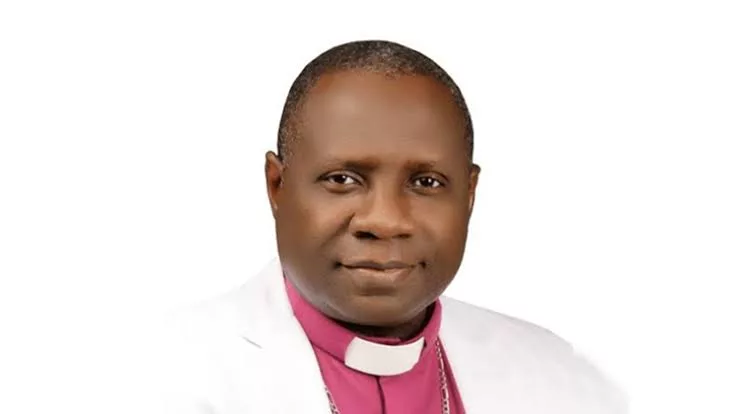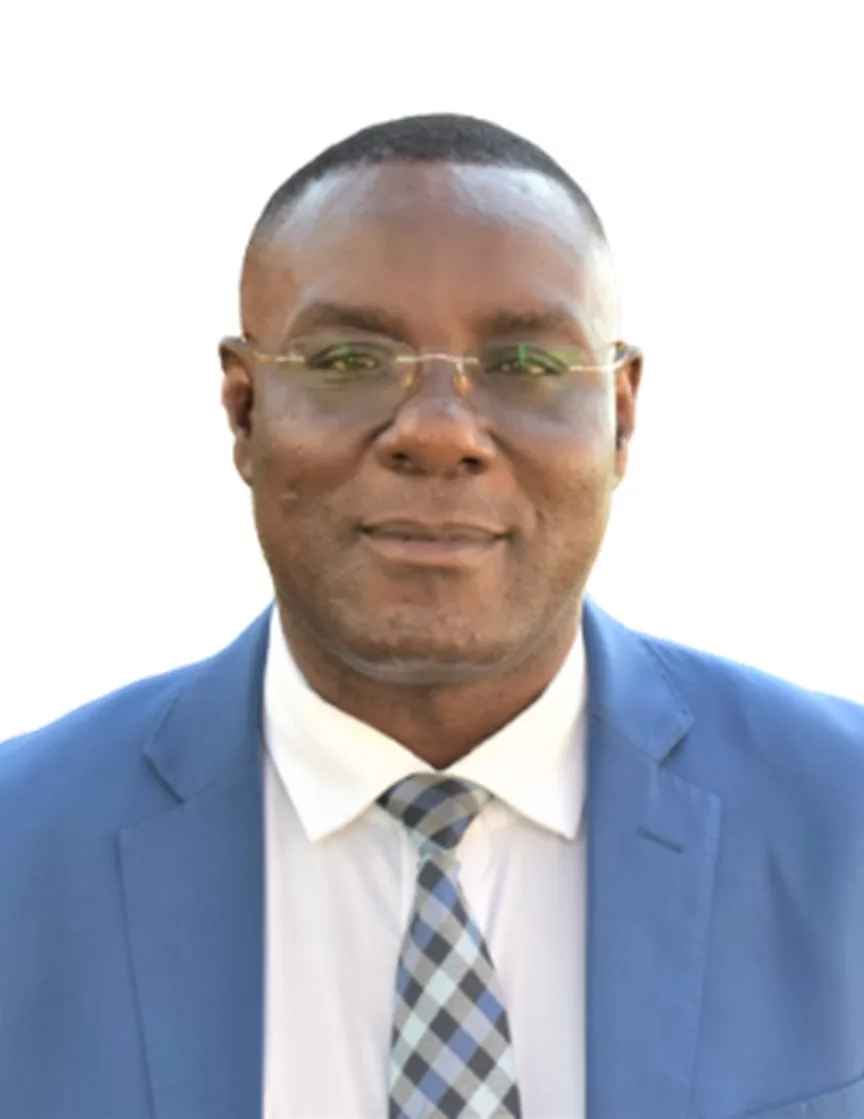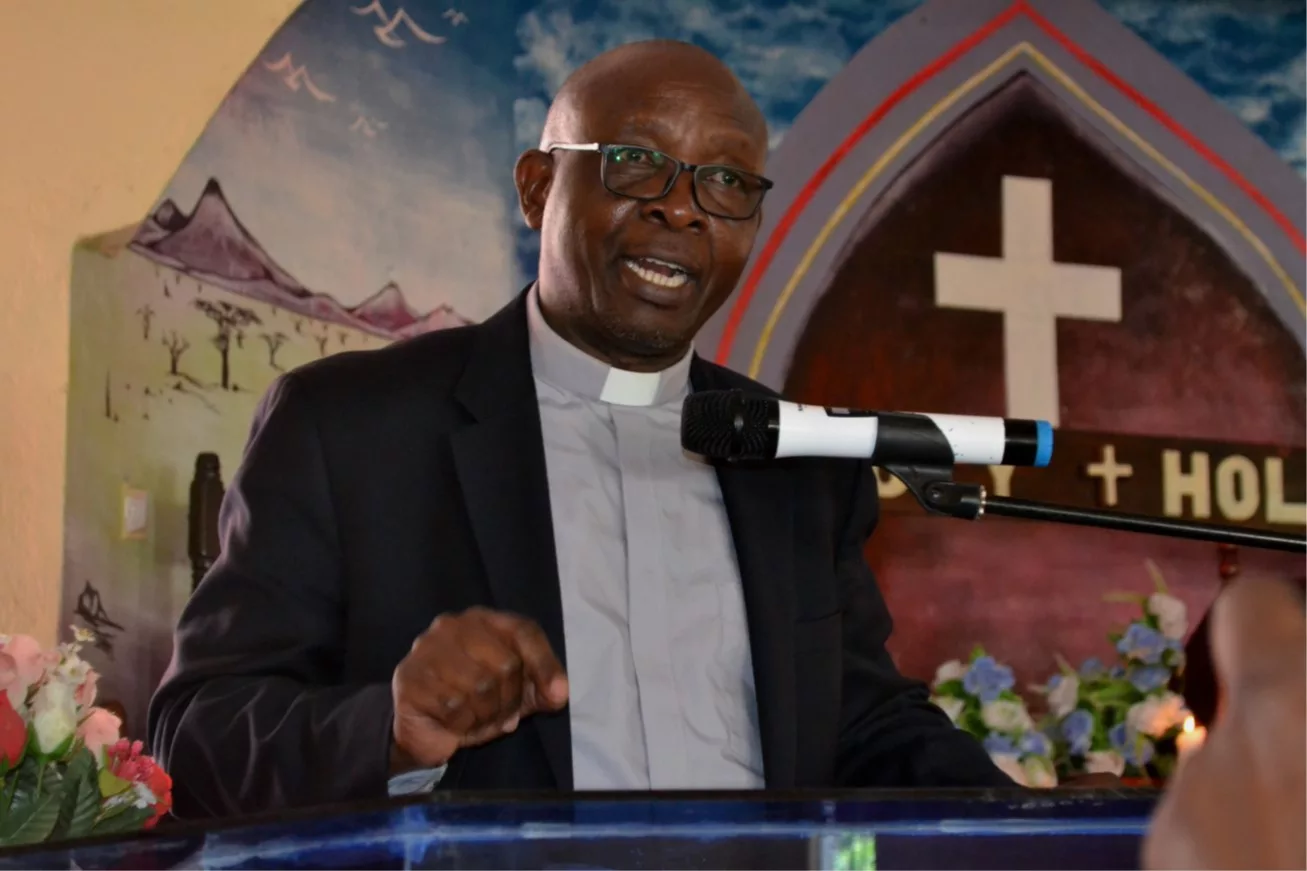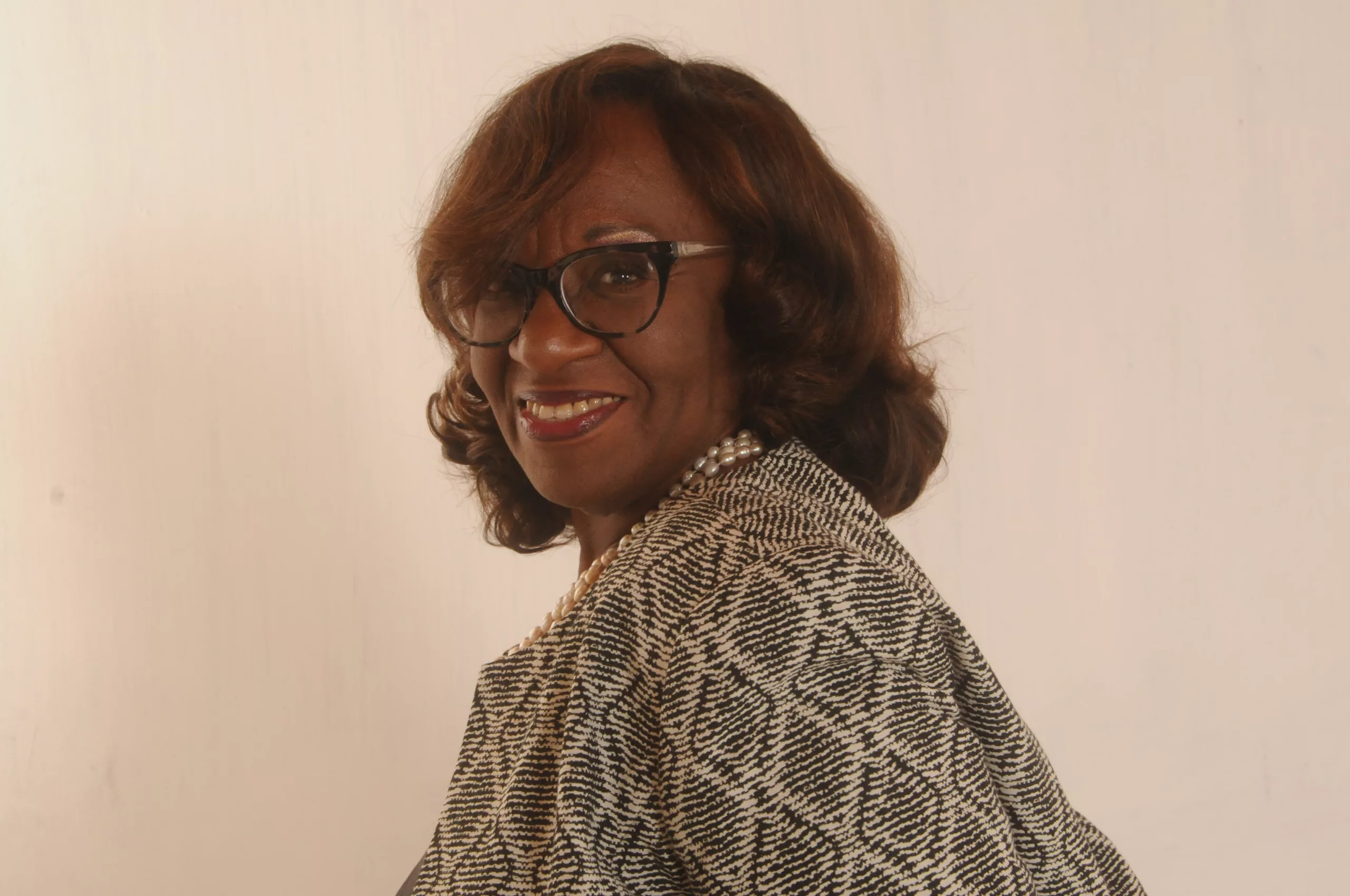Speakers
-
 Archbishop Dr. Daniel C. OkohOrganization of African Instituted Churches (OAIC) and Christian Association of Nigeria (CAN), International Chairman (OAIC) & President (CAN)
Archbishop Dr. Daniel C. OkohOrganization of African Instituted Churches (OAIC) and Christian Association of Nigeria (CAN), International Chairman (OAIC) & President (CAN)Most Rev. Daniel Okoh, the General Superintendent of Christ Holy Church International, has been actively engaged in ecumenical and interfaith activities for over two decades. His roles include National President of OAIC (Nigeria Region) and National Vice-President of
the Christian Association of Nigeria. He has served on various boards, including Good News Theological College and Seminary in Ghana, and the African
Council of Religious Leaders. His extensive experience spans religious, educational, and political domains,
Promising valuable insights into the session of amplifying the voices of smallholder farmers in shaping adaptation policy through faith-based approaches. -
 Mr. Joshua KitakuleInterreligious Council of Uganda(IRCU), Secretary General
Mr. Joshua KitakuleInterreligious Council of Uganda(IRCU), Secretary GeneralMr. Joshua Kitakule currently serves as the Secretary General of the Interreligious Council of Nigeria of Uganda where he coordinates and plans the delivery, processes and IRCU Programs. His leadership at IRCU has been instrumental in fostering dialogue and cooperation, making him a valuable asset in the promotion of smallholder farmer voices in climate adaptation policy discussions.
-
 Prof. Iyabode O. DudusolaObafemi Awolowo University, Ile-Ife, Nigeria, Associate Professor
Prof. Iyabode O. DudusolaObafemi Awolowo University, Ile-Ife, Nigeria, Associate ProfessorProf. Iyabode O. Dudusola is an Associate Professor at Obafemi Awolowo University in Ile-Ife, Nigeria. Her expertise lies in the intersection of climate change and gender dynamics, particularly in farming communities. With a deep understanding of the unique risks climate change poses to women and children, she advocates for genderresponsive climate policies. Prof.
Dudusola’s extensive research and work highlight the importance of addressing gender disparities in climate adaptation strategies. Her insights and expertise will be instrumental in emphasizing the critical need for policies that empower and protect the well-being of women and children in the face of climate change challenges. -
 Rev. Nicta LubaaleOrganization of African Instituted Churches(OAIC), General Secretary
Rev. Nicta LubaaleOrganization of African Instituted Churches(OAIC), General SecretaryRev. Nicta Lubaale, the General Secretary of the Organization of African Instituted Churches (OAIC) in Nairobi, Kenya, since 2007, brings over two decades of experience in faith-based community mobilization. He has been a driving force in HIV/AIDS initiatives and food security programs, fostering collaboration among churches and farmers’ organizations. His contributions to the Africa Interfaith Initiative on SDGs have been instrumental in aligning faith communities with sustainable development goals. Presently, Rev. Lubaale’s work focuses on empowering citizens to influence public service delivery in Africa by working with faith communities across diverse sociopolitical contexts. As a speaker, he will emphasize the importance of integrating farmers’ experiences and insights into climate policy decisions for greater inclusivity and effectiveness.
-
 Rev. Phyllis BrydOrganization of African Instituted Churches(OAIC), Director, Just Communities
Rev. Phyllis BrydOrganization of African Instituted Churches(OAIC), Director, Just CommunitiesRev. Phyllis is the Director of the Just Communities Programme. Her dedication is focused on good governance, poverty alleviation, environmental justice, and fostering communities where people can live with dignity. Additionally, she serves as the coordinator of the Young Adult Volunteer program for the Presbyterian Church of East Africa, facilitating the placement of young adults from the USA in Kenya for service. With her extensive experience in community development and her role in supporting smallholder farmers in adapting to climate change, Rev. Phyllis will be a valuable speaker emphasizing the critical role of faith leaders and institutions in climate adaptation for smallholder farmers.
Amplifying the voice of smallholder farmers in shaping Adaptation Policy: A Faith Based Response Organization of African Instituted Churches
The session will take the form of a panel discussion and will involve interfaith leaders, technical experts, and academicians. It aims to challenge common perceptions of faith institutions’ roles in addressing climate change. It will emphasize the need for the involvement of farmers in climate discussions, sharing the benefits for the wider community. The session will also explore innovative approaches to making data accessible for smallholder interventions in response to climate change. Gender disparities resulting from climate change will be addressed, and solutions proposed. The session will highlight climate change’s impact on smallholder farmers, women, and children, aiming to amplify their voices and build a movement of faith communities to respond effectively to climate change.





